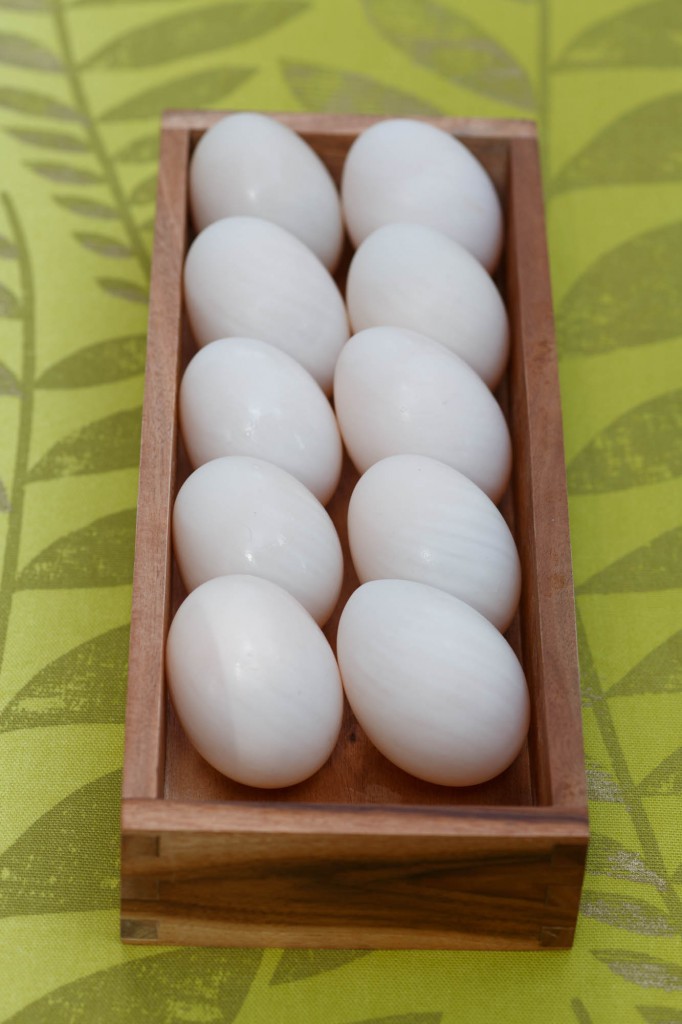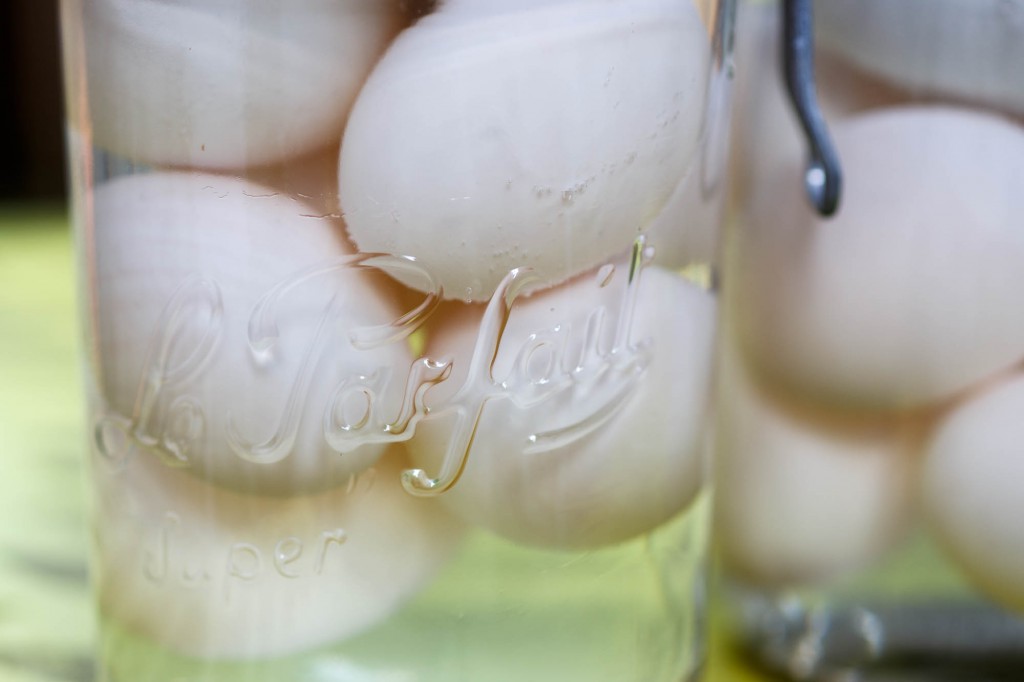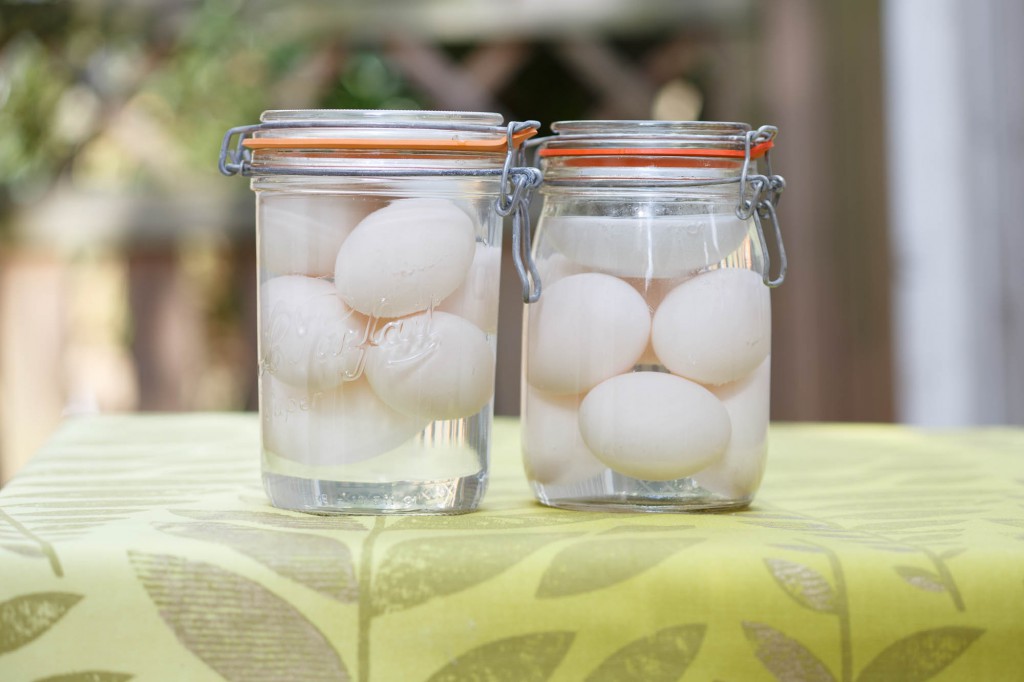[Updated September 2025]
I had to break into the existing cache of salted duck eggs, which did not make it to the required 30-day incubation period. The reason I did this was because one week ago my father thought he was about to die.
Mr Gochugaru and I were in Rome to celebrate our wedding anniversary when we received a distressed message saying that my father could not get out of bed and even worse, he had no will to eat.
As he would ask his son-in-law a week later, ‘in all the time you have known me, have you ever seen me ill?’
He might as well have asked, ‘in all the time you have known me, have you ever seen me not eat?’
To cut out the drama, the situation was bad, but it wasn’t disastrous. The doctor diagnosed a viral infection which has affected his inner ear and thus his balance. The world is spinning but it is not about to end.
I did think my father would survive but in order to make him eat I had to make something homely. I thought a bowl of rice with steamed minced pork and salted egg would be a good place to start. Hence the break-in.
It was a good choice and The Chinese Patient is improving day by day.
In order to keep the game going I am making more salted eggs, this time using a recipe from my favourite Chinese cookery writer, the late Yan-Kit So*. It is simpler and omits the star anise and Szechuan peppercorns from the earlier recipe. She says by way of an introduction:
The Chinese hard-boil salt-cured eggs, then serve them as a side dish to go with rice or congee. They also use them as a seasoning in soups. Even though they are usually bought in a Chinese supermarket, they are also fun, and easy, to make.

For the Eggs:
450 g sea salt
1.75 litres boiling water
24 duck eggs
How to Make:
Put the salt in a clean container. Pour in the boiling water to dissolve the salt, giving it a big stir. Leave to cool completely.
Wash the eggs, brushing with a fine brush so that the pores are open for better absorption of the brine later. Wipe dry.
Put the eggs into an earthernware pot or a large glass jar. Make sure there are no cracks in any of the eggs; otherwise the whole lot may be spoiled.
Add the cold brine. Some eggs will float to the surface. Put a plate or saucer on top of the eggs to help to submerge them. Cover the pot with the lid or screw the top on the jar.
Leave in a cold place for a minimum of 28 days at the end of which take one out to try. When cracked, the egg white should be cloudy and the yolk coagulated. When hard-boiled, the egg white should be very salty, and the egg-yolk golden and oily.
If they are not ready, leave them for 1 or 2 more weeks, moving those close to the surface to the bottom. Use a long wooden spoon or other implement to do so, take care not to contaminate the brine.
* Classic Food of China by Yan-Kit So was first published in 1992. This is now out of print but used copies are available through Amazon.

